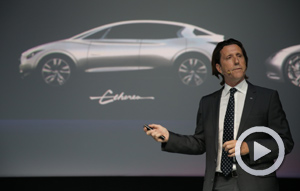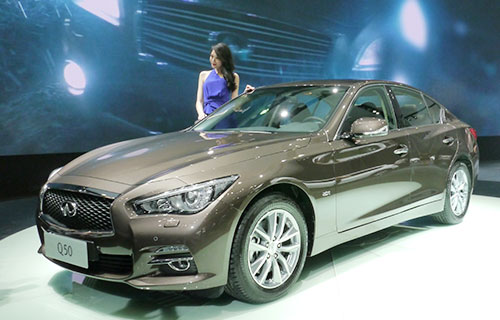China announces pricing policy for fuel upgrade
Updated: 2013-09-24 09:14BEIJING -- Chinese drivers will have to pay more in fuel prices amid the country's drive to reduce air pollution through upgraded fuel quality.
In the next two years, the prices of motor gasoline and diesel that meet the national "fourth-phase" standard will be raised by 290 yuan ($46.8) per ton and 370 yuan per ton, respectively, the National Reform and Development Commission (NDRC), the country's top economic planner, said on Monday.
After 2017, the prices of motor gasoline and diesel that meet the national "fifth-phase" standard will be lifted further by 170 yuan per ton and 160 yuan per ton, respectively, said the NDRC.
China has announced stricter motor fuel standards in a bid to reduce harmful emissions after smog blanketed much of the country at the beginning of 2013.
The State Council, China's Cabinet, has mandated that sulphur content for both gasoline and diesel be set at no more than 10 ppm (parts per million) by 2017, a reduction from the fourth-phase standard of 50 ppm.
Beijing is the only city in China to have already adopted the "fifth-phase" standard, equal to Europe's Euro V vehicle emissions cap of sulphur content below 10 ppm.
Under the country's timetable of fuel quality upgrades, motor gasoline should meet the "fourth-phase" standard by the start of 2014 and motor diesel by the start of 2015; both gasoline and diesel should meet the "fifth-phase" standard by the start of 2018.
"The quality of fuel is the most important factor affecting vehicle exhaust. Upgrading fuel quality can reduce waste emissions, help prevent smoggy weather, and improve air quality," said Zhou Dadi, an expert with the China Energy Research Society.
Air pollution is expected to fall substantially after the upgrade in China's developed regions, including Beijing, Shanghai, Jiangsu and Zhejiang, where the national "fourth-phase" standard of 50 ppm or below is used.
The rest of the country has adopted lower emission requirements, called the national "third-phase" standard, which allow the sulphur content of fuel to be as high as 150 ppm.
According to the NDRC, one-fifth of the particulate matter smaller than 2.5 micrometers in the country's air comes from vehicle emissions.
Compared to the "fourth-phase" standard, particulate matter emitted by vehicles using the "fifth-phase" standard will be reduced by 82 percent and nitrogen oxide compounds by 25 percent, joint research by the NDRC and the Ministry of Environmental Protection indicated.
However, Zhou said that upgrading fuel quality is only one necessary step to ease smog pollution.
"Multiple measures should be rolled out to fundamentally improve air quality," Zhou said.
Ms. Lei, a resident of Beijing, said that the government should further enhance its mass transit networks and make them less crowded so that more people will choose public transport instead of driving.
Lei said that the government should also reform certain policies aimed at reducing government vehicles.
"The government should take the lead in opting for public transport and promoting low-carbon commutes," Lei said.
The fuel quality upgrade does not mean an immediate price hike nationwide as local authorities are allowed to set prices in light of local conditions and are encouraged to initiate the upgrade ahead of schedule if conditions permit, according to the NDRC.
Analysts said the fuel quality upgrade means changes to fuel production facilities, adjustment in production methods as well as the upgrade of catalytic agents.
An NDRC official said the upgrade will increase production costs for oil companies by about 30 percent. Previous surveys showed billions of yuan could be invested in updating and renovating equipment for refineries.
"It's hard to precisely calculate the rise in production costs, as different refineries face different situations. The government has researched and arrived at a medium-level price hike so that the rise in production cost could be shared by both companies and consumers," said Dong Xiucheng, a researcher at the China University of Petroleum.









